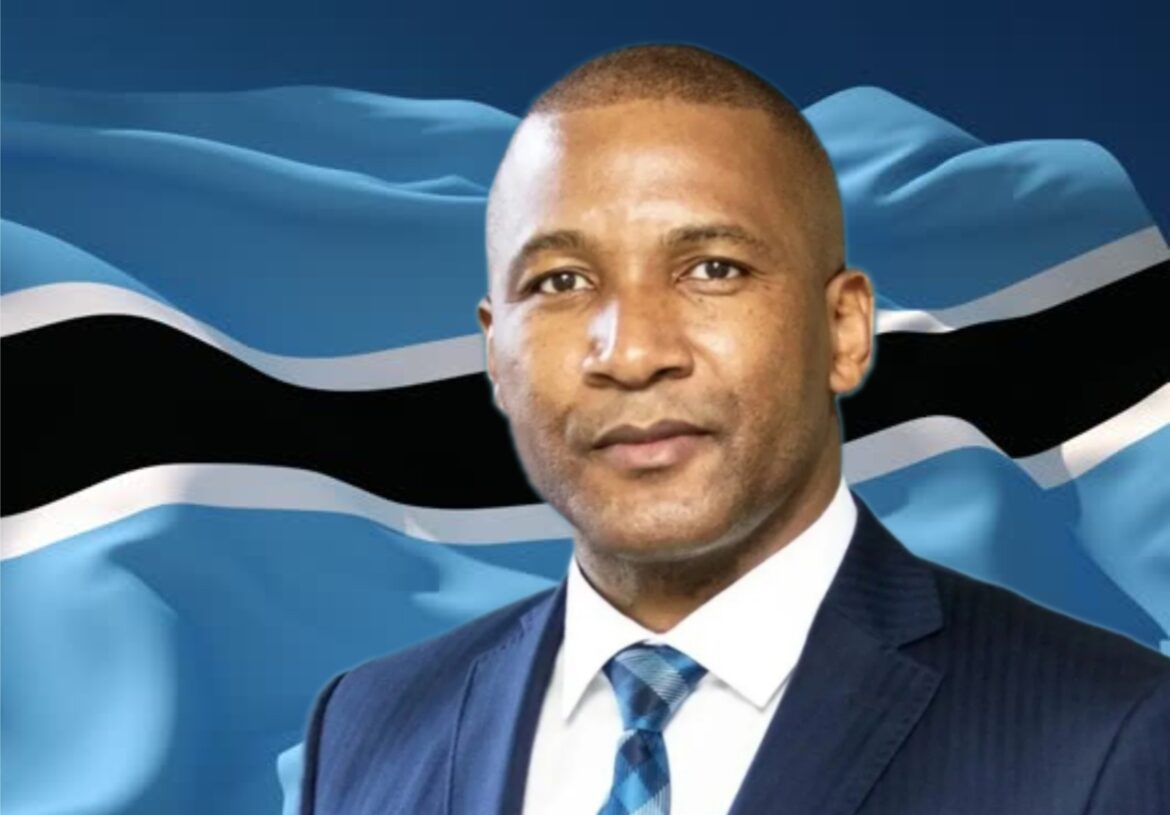Located in the heart of Southern Africa, Botswana has built a reputation as one of the continent’s most stable and prosperous economies. With a rich endowment of natural resources, a prudent fiscal policy, and a commitment to good governance, Botswana has navigated the complexities of the global economy with remarkable resilience.
As a result of this, Botswana has been able to increase its GDP per capita from $396 in 1960 to $6,708 in 2023 which makes it the country with the fourth-highest GDP per capita in Africa while ranking well above the global average.
For decades, Botswana’s economy has been driven by the mining sector, particularly diamonds. The discovery of diamonds in the 1970s transformed the country’s economy, and today, diamonds account for approximately 80% of Botswana’s export earnings. The partnership between the government and Debswana, a joint venture between De Beers and the Botswana government, has been instrumental in harnessing the country’s diamond wealth.
While diamonds have been the backbone of Botswana’s economy, the government has recognized the need to diversify and reduce dependence on a single commodity. Efforts to promote economic diversification have focused on developing the tourism, agriculture, and manufacturing sectors.
Tourism, in particular, has emerged as a significant contributor to the economy, with the country’s unique wildlife and natural beauty attracting visitors from around the world. There are also plans to develop its manufacturing sector while focusing on high-value-added and labour-intensive industries to help create jobs. The government has invested in infrastructure development, including airports, roads, and hotels, to support the growth of the tourism sector. Agriculture is another sector that has been identified as a potential area for growth and diversification.
Despite its successes, Botswana’s economy faces several challenges. The country’s reliance on diamonds makes it vulnerable to fluctuations in the global diamond market. Additionally, the economy is heavily dependent on imports, which can lead to trade deficits.
However, Botswana is also poised to capitalize on several opportunities. The country’s strategic location makes it an attractive hub for trade and investment in the region. The government’s efforts to improve the business environment, including the establishment of special economic zones, are aimed at attracting foreign investment and promoting economic growth.
Botswana’s newly inaugurated President, Duma Boko, has unveiled an ambitious economic plan aimed at revitalizing the country’s economy. After nearly six decades of Botswana Democratic Party (BDP) governance, Boko’s administration is poised to address the nation’s economic challenges and ensure sustainable growth.
Given the inherent dangers of a mono-cultural economy, Boko’s economic plan prioritizes economic diversification, targeting a 10% annual growth rate and promising to generate up to 500,000 jobs over the next five years. This is a significant departure from the country’s historical reliance on diamond revenues, which has been declining due to increased competition from synthetic stones.
Some of the key economic priorities outlined by Boko’s administration include developing new industries and sectors to reduce dependence on diamond revenues through investments in these key sectors. Boko also has plans to upgrade the country’s infrastructure to support economic growth and development.
Even though corruption is relatively low in Botswana compared to other African countries, the Boko administration aims to tighten the noose further by implementing measures to reduce corruption and ensure transparency in government dealings.
Boko’s administration is also committed to addressing pressing social and economic challenges, such as implementing policies to reduce poverty and inequality while investing in education and skills development programs to equip citizens with the skills needed to compete in the global economy. In addressing social issues, the Boko administration also plans to improve access to quality healthcare services for all citizens.
President Boko’s economic plan marks a significant shift in Botswana’s economic trajectory. With a focus on economic diversification, job creation, and infrastructure development, the country is poised for a new era of growth and development. As Boko’s administration works to implement these policies, Botswana’s citizens can look forward to a brighter economic future.
Oshobi, a development economist, management consultant, and author writes from Lagos, Nigeria.

